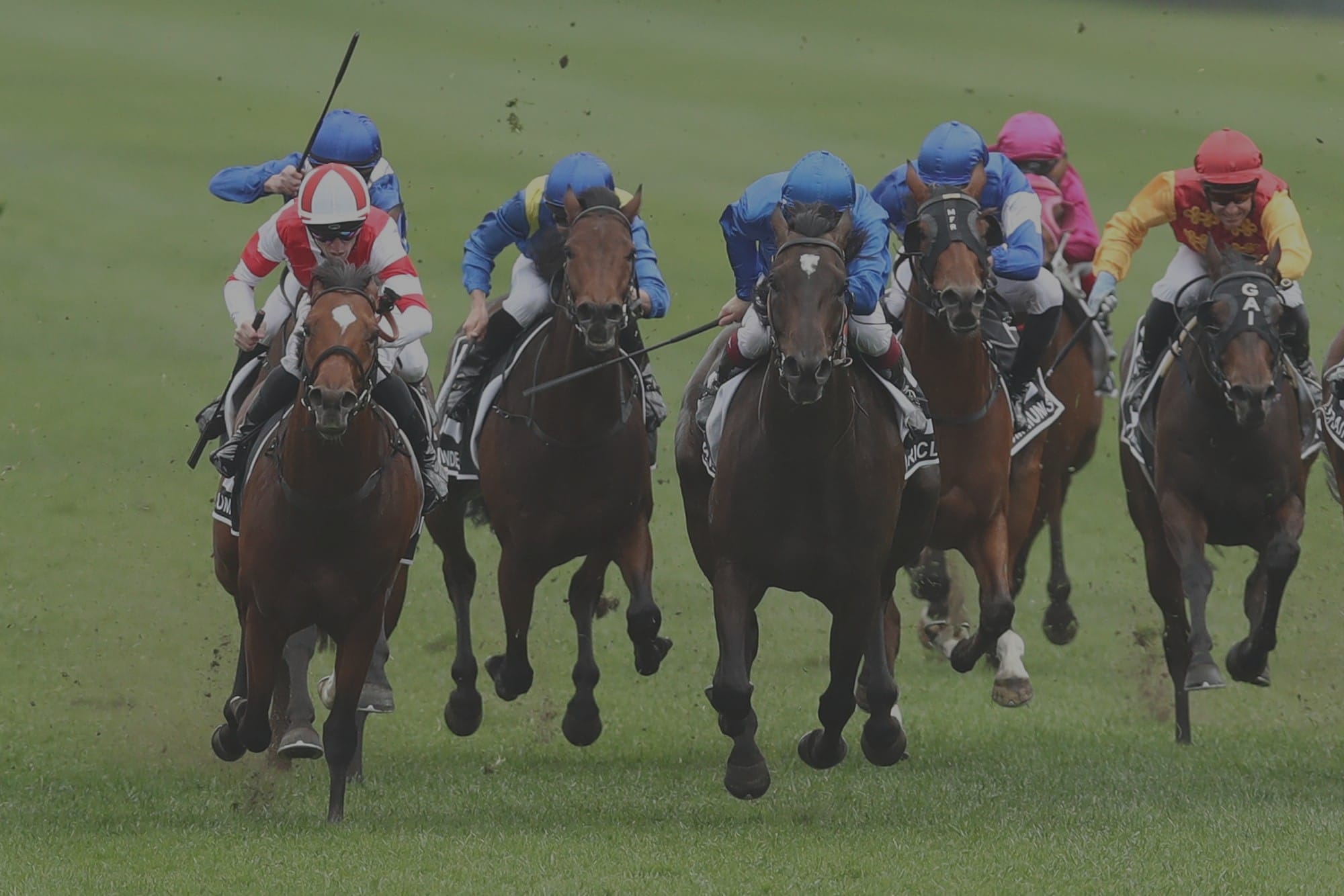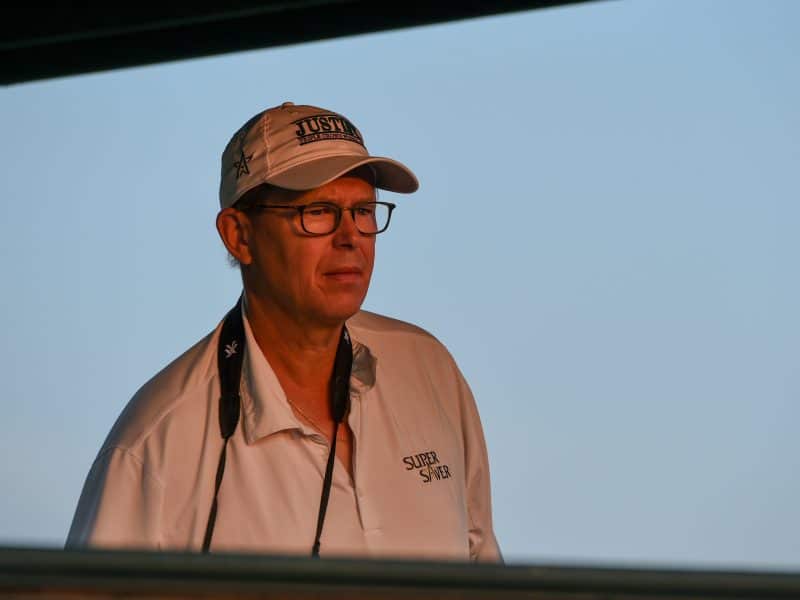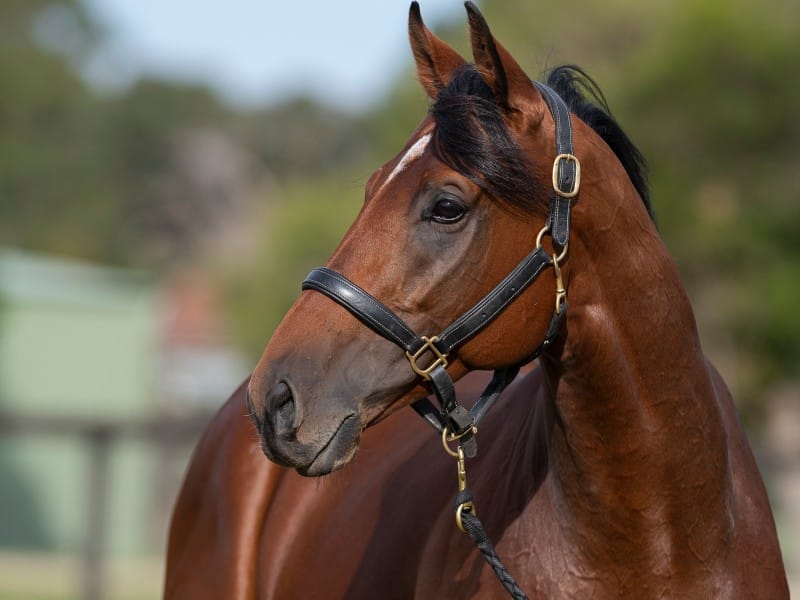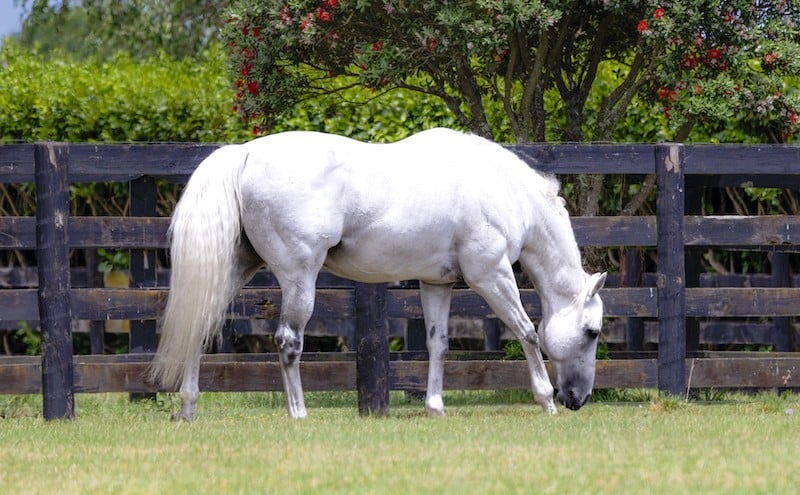How a land tax loss could change Godolphin Australia’s path
Global powerhouse Godolphin has lost its High Court appeal against a land tax decision in a ruling which is expected to have broader implications for the use of land for thoroughbred breeding.
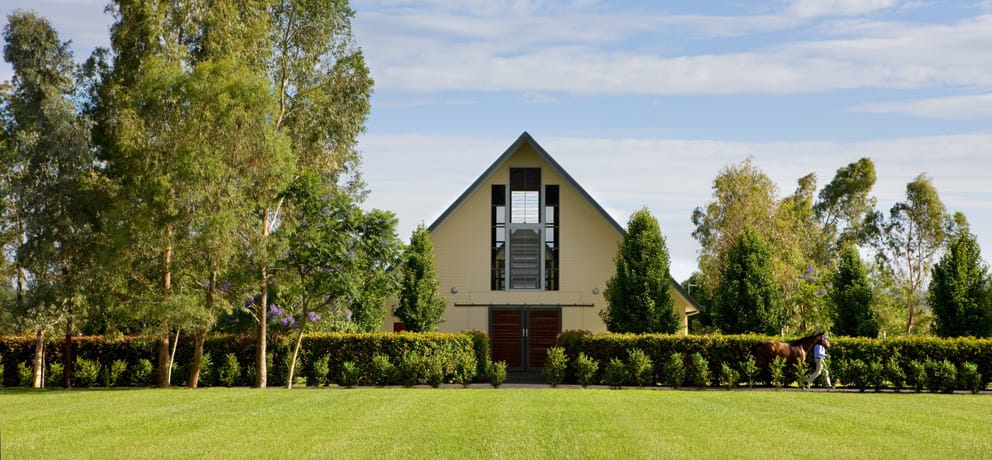
The long-running case involves around $1.4 million in land tax paid by Godolphin from 2014 to 2019 on its Woodlands and Kelvinside properties in the Hunter Valley.
The case, which also involved the NSW Chief Commissioner of State Revenue, had passed through the NSW Supreme Court process over the past two years before ending up in the High Court.
It centred on the premise of whether Godolphin’s dominant purpose for the two properties fitted the definition of primary production, which under the relevant Act section 10AA (3) is “the dominant use of which is for … the maintenance of animals … for the purpose of selling them or their natural increase or bodily produce.”
In Godolphin’s specific case, the Commissioner, representing Revenue NSW, argued that the company’s broader model, which was defined as breed to race, meant that while racing stock was not contained in the property, it didn’t conduct itself as a primary producer as it did not sell the stock.
The decision, handed down in the High Court on Wednesday, concerned a definition of dominant use.
“In dismissing the appeal, the Court held that, when the text of s 10AA(3) is read in its immediate statutory context and in light of broader statutory and extrinsic context, the word “dominant” qualifies one composite phrase, namely “use of which is for … the maintenance of animals … for the purpose of selling them”,” the court statement said.
“The “use-for-a-purpose” construction was correct. Further, that a significant use of the land was for breeding horses, the plurality held, fell short of demonstrating that the “dominant use” of the land was for the purpose of selling them or their natural increase or bodily produce.”
The ruling means Godolphin will not receive the $1.4 million land tax back and it will have to pay Revenue NSW for land tax on the two properties over the past five years, and ongoing.
It confirmed that those who conduct similar breed-to-race businesses without a dominant sales element would also be liable for land tax in New South Wales. This would also have implications for mixed-use operations, with the dominant use of the land being the determining factor.
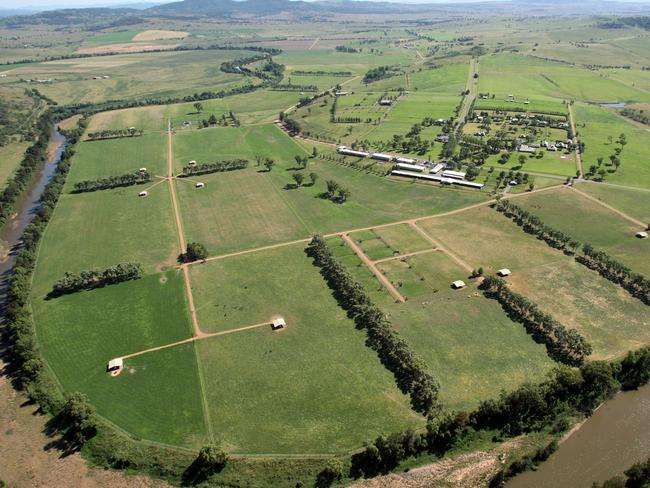
While the decision specifically related to the NSW and Land Tax Management Act 1956 it may have broader implications to how other state-based revenue bodies interpret their own legislation. It may also influence the introduction of new legislation on land tax in NSW.
Should Godolphin look to qualify for the primary production clause, it would likely have to change its business model and offer a significant amount of its homebred stock for sale as either foals or yearlings.
Godolphin’s Australian business is in a state of flux at the moment after the departure of Managing Director Vin Cox last year. Cox hasn’t been replaced with no indication of what the future leadership of the Australian operation may look like.
Kelvinside, near Scone, hosts Darley’s 10-strong stallion roster. Darley is the global stallion brand of the Godolphin business.
Woodlands, near Denman, is home to Godolphin’s broodmare band and younger stock while Godolphin also has racing-related properties at Osborne Park at Agnes Banks and Crown Lodge at Warwick Farm.
In Victoria, its breeding operations are centred at Northwood Park near Seymour, while its racing operations are located at Carbine Lodge at Flemington.

